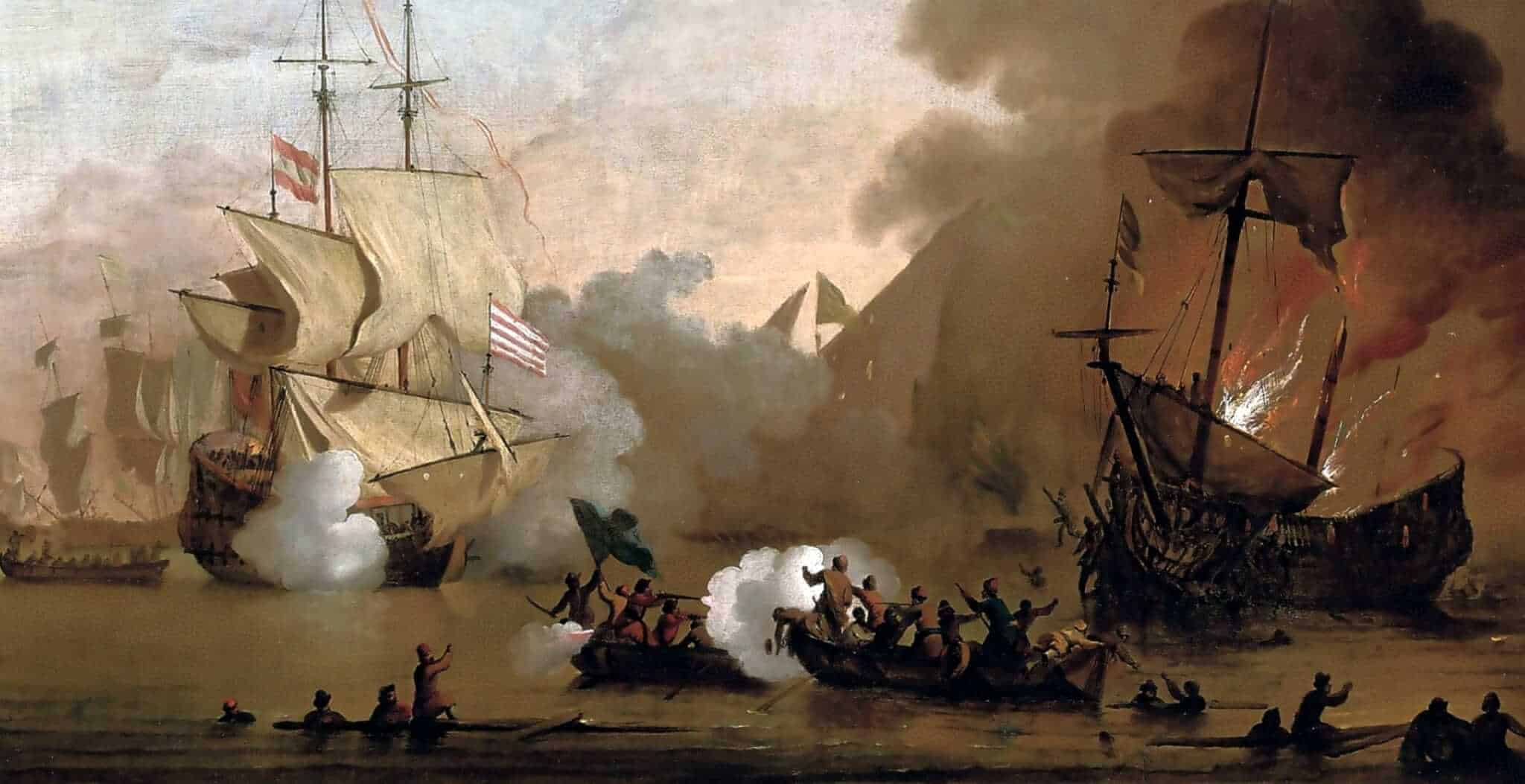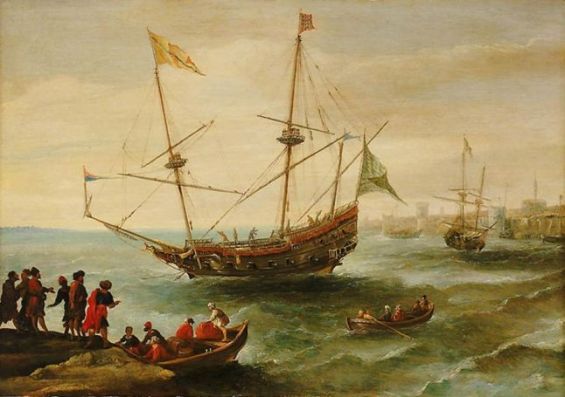Relations between England and the Kingdom of Morocco have been through thick and thin. In 1630, Muslim captives were the subject of correspondence with King Charles I. The ruler of Iligh in Souss Abu Hassun al Samlali sent letters to the English monarch about Muslim and English captives.
In their book «Christian-Muslim Relations. A Bibliographical History. Northern and Eastern Europe 1600-1700», (Brill, 2016), David Thomas and John A. Chestworth wrote that «Abu Hassun asked Charles to intervene to secure the release of Muslim captives from other countries».

On the other hand, the Moroccan ruler promised that he «would grant you security in your property and persons and ensure that no captive from the tribes of England will remain with us as long as you remain in fulfillment of the pact».
Moroccan captives and English corsairs
However, the same problem emerged a decade later with Saadi sultan Mohammed esh-Sheikh es-Seghir’s ambassador to England. According to the same account, «in 1639, the familiar complaints arose again : Mohamed ben Askar arrived from Morocco protesting against the predatory activities of British pirates, and demanding that action be taken against them».
Indeed, the Moroccan ambassador who was sent to the English court a few years after diplomat Jawdar ben Abdellah, arrived in London to discuss the issue that angered the Saadi sultan.

According to historian Nabil Matar, the crisis between the two Kingdoms was nearly unmanageable. In his book «Turks, Moors, and Englishmen in the Age of Discovery» (Columbia University Press, 2000), Matar recalls that «while King Charles wanted to establish peace with Morocco and to reduce piracy, some of his subjects were unwilling to give up their attacks on Muslim shipping».
«Mohamed ben Askar arrived in April 1639 to ‘demand justice against’ English pirates», wrote the Lebanese historian, but unfortunately the timing was inappropriate.
«Little seemed to have been accomplished by this emissary because his arrival coincided with the King’s departure for the north to wage war against the Scots».
Sent to the Netherlands
Although ben Askar’s mission to England brought no results to the Kingdom and the Saadi sultan in particular, he was sent once again in another diplomatic mission to Europe.
Mohamed Ben Askar was appointed to negotiate a treaty with the Netherlands. According to Roger Coindreau, author of «Les corsaires de Salé» (Salé’s Corsairs, Eddif, 2006), sultan Cheikh Es-Sghir wanted to be sent weapons by the Dutch States General.
«On March 23, 1645, they wrote to Mohamed Cheikh Es-Sghir: ‘We allowed Caid Mohamed ben Askar (sent by HM the sultan) to conclude a contract andgrant him an armed ship … We are ready and willing to authorize the departure of the vessel in question from here to Morocco».
But according to the historian, the ship did not make it to the Kingdom as the two parties failed to conclude the contract, making of ben Askar’s voyage another unsuccessful mission.





 chargement...
chargement...













